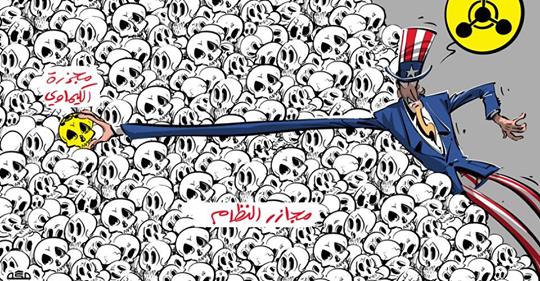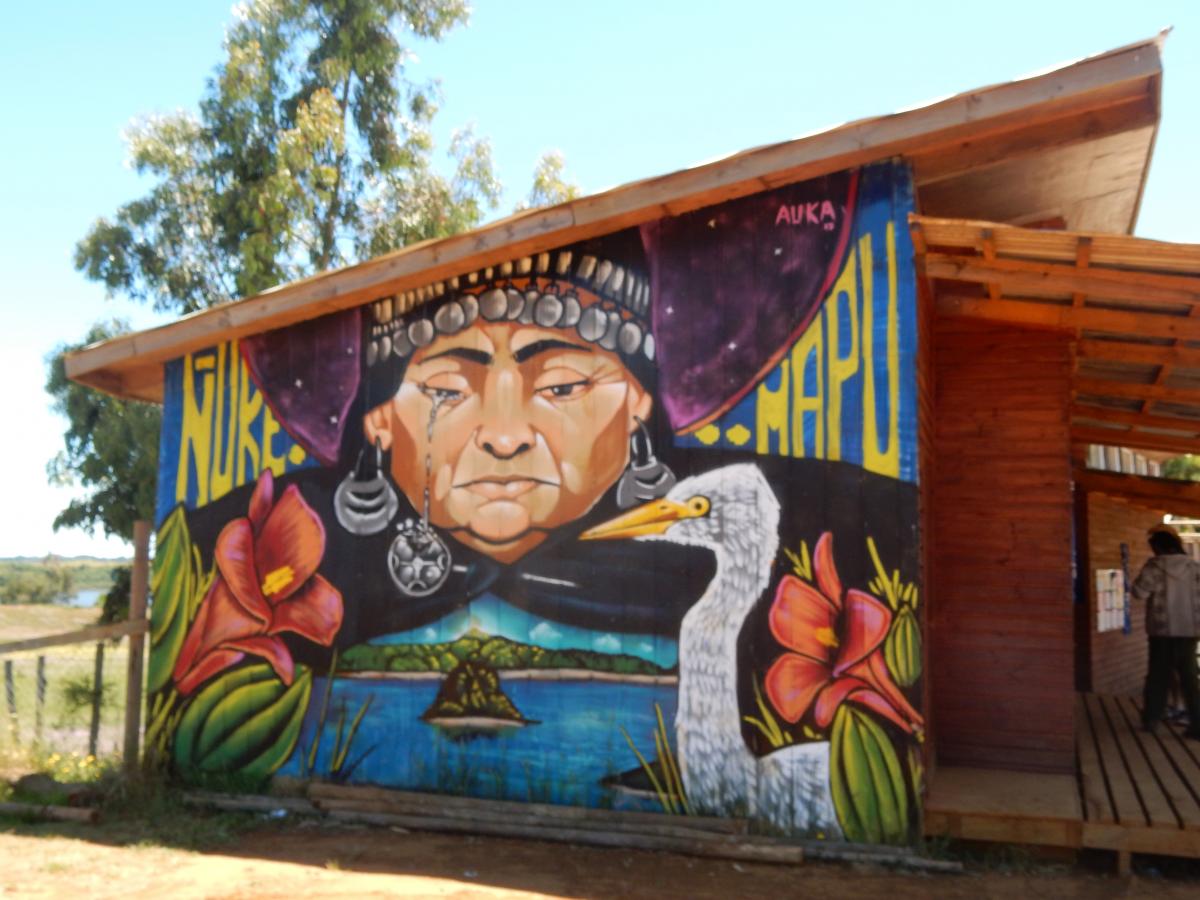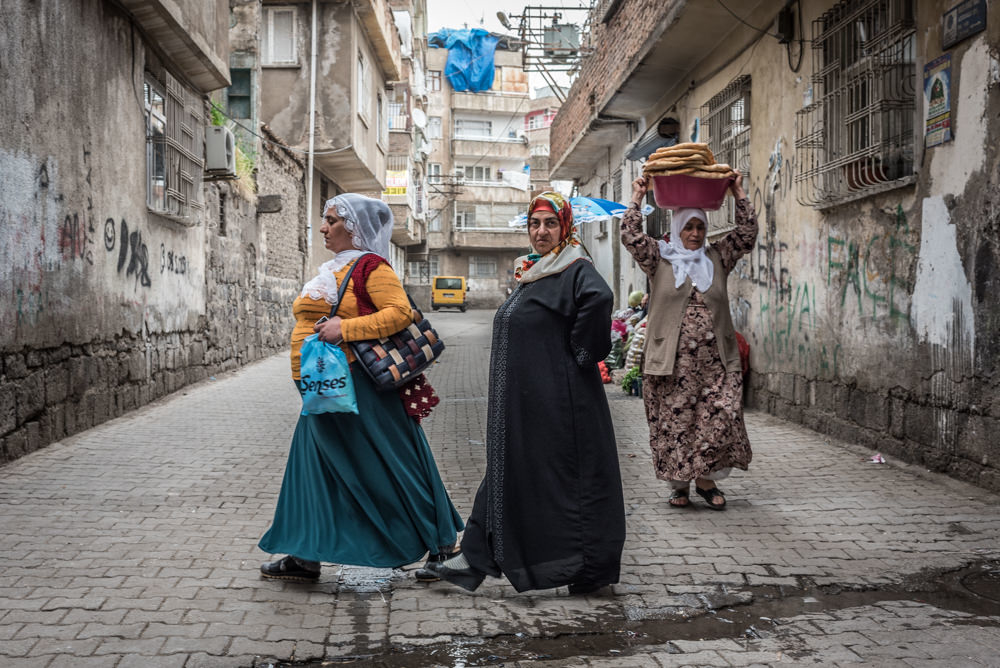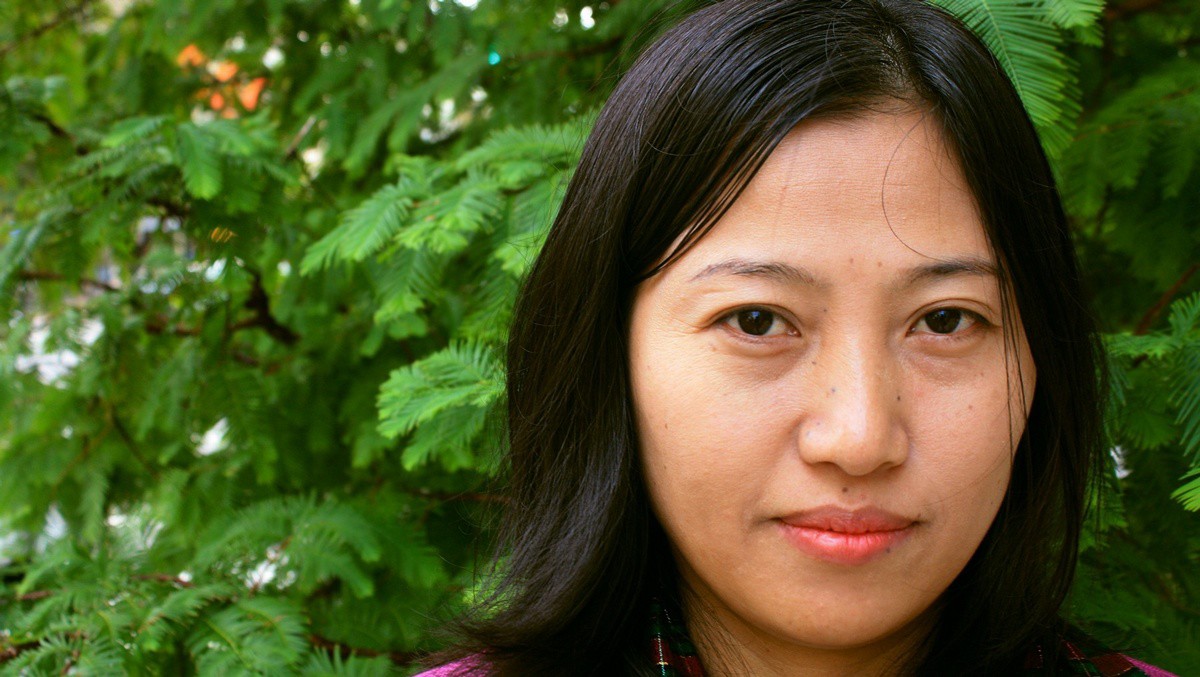From Our Daily Report
-
 In a joint anti-drug operation code-named Armagedon, Peruvian military and National Police troops carried out a series of raids in the remote Putumayo river valley along the Colombian border this week, arresting some 40, destroying four cocaine laboratories, and seizing large quantities of cocaine sulfate and harvested cannabis. The majority of those detained were Colombian nationals, and authorities said they suspect the presence of "dissident" FARC units, who are trying to establish the zone as a staging ground to keep alive their insurgency. More than 350 troops have been deployed in the operation, with five helicopters and three planes as well as boats. The operation is being coordinated with Colombian security forces, who are carrying out similar missions on their side of the Río Putumayo. (Photo via El Comercio)
In a joint anti-drug operation code-named Armagedon, Peruvian military and National Police troops carried out a series of raids in the remote Putumayo river valley along the Colombian border this week, arresting some 40, destroying four cocaine laboratories, and seizing large quantities of cocaine sulfate and harvested cannabis. The majority of those detained were Colombian nationals, and authorities said they suspect the presence of "dissident" FARC units, who are trying to establish the zone as a staging ground to keep alive their insurgency. More than 350 troops have been deployed in the operation, with five helicopters and three planes as well as boats. The operation is being coordinated with Colombian security forces, who are carrying out similar missions on their side of the Río Putumayo. (Photo via El Comercio)
TURKISH KURDISTAN: ERASURE OF A CULTURE
by Diego Cupolo, IRIN
In July 2015 a new phase of the decades-old conflict between the Turkish government and Kurdistan Workers Party (PKK) militants erupted after a two-and-a-half year peace process failed: the largely rural guerrilla war entered majority-Kurdish towns and cities in the southeast as government forces went house-to-house to root out PKK-linked fighters.
Fighting was most intense in the central neighborhoods of Sur district, a UNESCO World Heritage site in the provincial capital of Diyabakir, where ancient fortified walls surround historic mosques, churches, and synagogues. The ten months of conflict, including a three-month siege that damaged or destroyed the majority of buildings, has left many of those displaced by the violence feeling as if they must now fight for their homes and for their community and culture to live on.
On the hunt for votes ahead of his June re-election, Turkish President Recep Tayyip Erdogan visited Sur in March, promising to renovate the district as part of a 2.3-billion Turkish lira ($500 million) plan to revitalise the southeast. He spoke of creating a vibrant economy and a new tourism boom.
But most of Sur’s original residents – the majority Kurds, 24,000 of whom are still displaced by the fighting, which lasted until March 2016 – won’t be able to afford the new buildings going up where their homes once stood.
MASS PROTESTS SWEEP VIETNAM

by Vu Quoc Ngu, Waging Nonviolence
"An Arab spring has started to emerge in Vietnam," said Pham Chi Dung, a former member of the ruling Communist Party, following the largest and most widespread protests in years.
Over the weekend of June 9-10, tens of thousands of Vietnamese took to the streets across the country to protest two bills on cyber security and the creation of new special economic zones, or SEZs. The protest began with the participation of around 50,000 workers from the Pouchen footwear factory in Tan Tao industrial zone in Ho Chi Minh City, the biggest economic hub in the Southeast Asian nation.
Thousands of people gathered in Hanoi, Ho Chi Minh City, Danang, Nha Trang and other cities, chanting and carrying banners that read "Say no to bill on SEZs," "No land lease to China even for one day," and "Cyber security law means silencing people."
IN DEFENSE OF TACTICAL VOTING
With No Illusions —and No Apologies

by Bill Weinberg, Fifth Estate
My attitude about voting has been like the old Jewish joke about chicken soup when you've got a cold—it may not help very much, but it can't hurt. The more ideological argue that voting legitimizes the system, and they've got a point. The more pragmatic counter that such a purist position is an irresponsible luxury in the face of emergency—such as we in the United States are clearly now facing.
Donald Trump's presence in the White House makes the world a more dangerous place—and, as ever, it is the least powerful who are at the greatest risk.
OUTCAST LAWYERS IN CHINA
Disbarment, Suspension and Harassment

by Patrick Poon, Jurist
When Sui Muqing became a lawyer in 1993, he couldn't imagine that 25 years later he would become a "post-lawyer" (lüshihou), a self-deprecating term often used by lawyers in China who have been stripped of their license to practice.
The authorities accused Sui Muqing of confronting a trial judge and separately of taking a picture of his client, dissident writer Chen Yunfei, when visiting him in detention. This was enough for the Guangdong Provincial Department of Justice to formally revoke his license, after a heavily guarded hearing in early February this year.
However, it is more likely the authorities' motivation was to neuter a vocal and effective human rights lawyer. A thorn in the side of the government, Sui Muqing defended many activists and victims of human rights abuses, including representing high-profile human rights defenders like Guangdong activists Guo Feixiong and Wang Qingying and Falun Gong practitioners. Together with other lawyers, he had written statements on the difficulties for lawyers in sensitive cases, ranging from not being allowed to meet clients to challenges in defending their clients in court.
Sui Muqing's experience exemplifies how much pressure a lawyer in China faces now if he or she takes up human rights cases considered sensitive by the authorities. Since the crackdown against more than 200 human rights lawyers and activists which began in July 2015, that sparked international condemnation, the authorities have increasingly deployed bureaucracy to stifle these determined voices.
THE STRUGGLE FOR A FEDERAL BURMA
Interview with Moon Nay Li
by Andy Heintz, CounterVortex
Moon Nay Li is the general secretary of the Kachin Women's Association-Thailand, based in Chiang Mai near the Burmese border. KWAT was founded in in 1999 to help women organize themselves to solve social and economic problems in Burma's Kachin State. The organization has documented human rights abuses, sexual violence, and land-rights violations committed by the Burmese military. Moon has called for the international community to engage more with ethnic leaders, civilians and community-based organizations to help bring peace between the Burmese military and ethnic minorities in the country's restive north. Despite a Nationwide Ceasefire Agreement that was signed in October 2015 between the Burmese army and some of the ethnic armies, many other ethnic groups have not signed the agreement; human right abuses by the military against the Kachin people and other groups remain ongoing. Moon has criticized the international community for not focusing enough on regional autonomy for ethnic groups such as her Kachin people, who were promised autonomy by Burma government in the Panglong Agreement of 1947. She also has called for a moratorium on foreign funding of development projects in areas where the military is clashing with ethnic armed groups. She also criticizes the governing National League of Democracy, and its leader Nobel Peace Laureate Aung San Suu Kyi, for pressuring ethnic groups to sign the NCA while not addressing the outstanding issues.
THE 'ANTI-IMPERIALISM' OF FOOLS

by Leila Al Shami
Once more the western "anti-war" movement has awoken to mobilize around Syria. This is the third time since 2011. The first was when Obama contemplated striking the Syrian regime's military capability (but didn't) following chemical attacks on the Ghouta in 2013, the crossing of a supposed a "red line." The second time was when Donald Trump ordered a strike which hit an empty regime military base in response to chemical attacks on Khan Sheikhoun in 2017. And today, as the US, UK and France take limited military action (targeted strikes on regime military assets and chemical weapons facilities) following a chemical weapons attack in Douma which killed at least 34 people, including many children who were sheltering in basements from bombing.
The first thing to note from the three major mobilizations of the western "anti-war" left is that they have little to do with ending the war. More than half a million Syrians have been killed since 2011. The vast majority of civilian deaths have been through the use of conventional weapons and 94 percent of these victims were killed by the Syrian-Russian-Iranian alliance. There is no outrage or concern feigned for this war, which followed the regime's brutal crackdown on peaceful, pro-democracy demonstrators. There's no outrage when barrel bombs, chemical weapons and napalm are dropped on democratically self-organized communities, or target hospitals and rescue workers. Civilians are evidently expendable; the military capabilities of a genocidal, fascist regime are not. In fact the slogan "Hands off Syria" really means "Hands off Assad," and support is often given for Russia's military intervention. This was evident yesterday at a demonstration organized by Stop the War UK where a number of regime and Russian flags were shamefully on display.
ISRAEL'S GREATER JERUSALEM BILL

by Moien Odeh, Jurist
In 2017, two bills were introduced from the Israeli government coalition's members—the Basic Law: Jerusalem, Capital of Israel (Amendment No. 2) Bill and the Greater Jerusalem Bill—both designed to substantively alter the borders of Jerusalem and to change its demographics. Introduced during the 50th anniversary year of the 1967 annexation of East Jerusalem, their shared objective was the de facto annexation of the settlement blocs surrounding Jerusalem and the displacement of approximately 140 thousand (one third) of the Palestinian residents of East Jerusalem living in the neighborhoods already effectively detached from the city by the Separation Barrier. These proposals were not raised in a vacuum; they are part of a continuum of initiatives advanced in recent years, all of which aim to unilaterally force determinative territorial-political facts on Jerusalem in the guise of "municipal measures."
Following the Israeli occupation of the Holy City in 1967, the Israeli authorities annexed approximately 70 square kilometers of West Bank land to the boundaries of the Jerusalem Municipality and imposed Israeli law on it. The annexed land did not include only the eastern city with its borders that were under Jordanian control, but also included an additional 64 kilometers that were located in the surrounding Palestinian villages and towns. Almost a third of the annexed territory was expropriated in order to build expansive Israeli neighborhoods/settlements along the annexation line. Additional areas were expropriated officially while others were declared national parks or green areas, effectively resulting in the expropriation of those areas as well.
PEOPLE OF THE EARTH
The Mapuche Struggle in Chile

by Jesús Sepúlveda, Fifth Estate
During his visit to Chile in January 2018, Pope Francis officiated a mass in the Araucania region—the ancestral territory of the Mapuche people.
The night before, unknown individuals burned three forest company helicopters, three churches, and a school. Fliers demanding the liberation of Mapuche political prisoners were found nearby.
So far, no one has been charged in connection with these acts.
The Mapuche are indigenous people of South America who have been involved in a long struggle for cultural autonomy and territorial independence since the arrival of the Spanish conquistadors in the 16th century. They call themselves the "people of the earth," which is the meaning of the word Mapuche in their language. Their ancestral territory, known to them as Wallmapu, stretches across the Chile-Argentina border.
From 2001 on, the Chilean state used the Pinochet-era Anti-Terrorism Law against the Mapuche. Since then, police and landowners have killed sixteen Mapuches. One of the most controversial cases was the assassination of the activist Matias Catrileo, shot in the back by an officer in 2008.
In 2013, Chilean President Sebastián Piñera's government prosecuted protesters for Anti-Terrorism for the death of landowner Werner Luchsinger and his wife Vivianne Mackay in an arson attack which occurred during a protest in commemoration of Catrileo’s death.


















Recent Updates
22 hours 18 min ago
23 hours 49 min ago
1 day 19 hours ago
1 day 19 hours ago
1 day 19 hours ago
1 day 21 hours ago
3 days 21 hours ago
3 days 22 hours ago
5 days 16 hours ago
5 days 16 hours ago